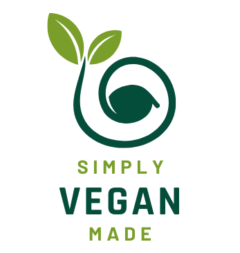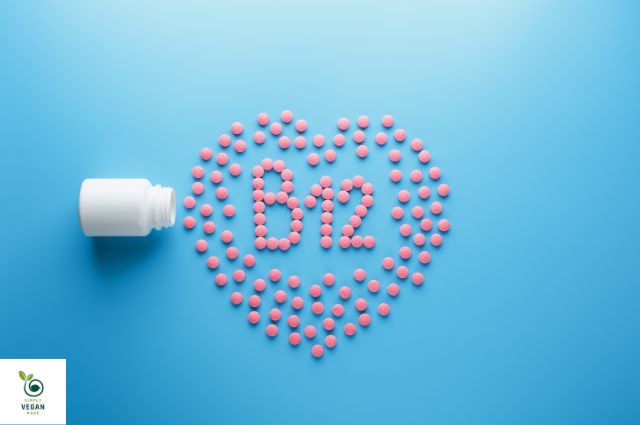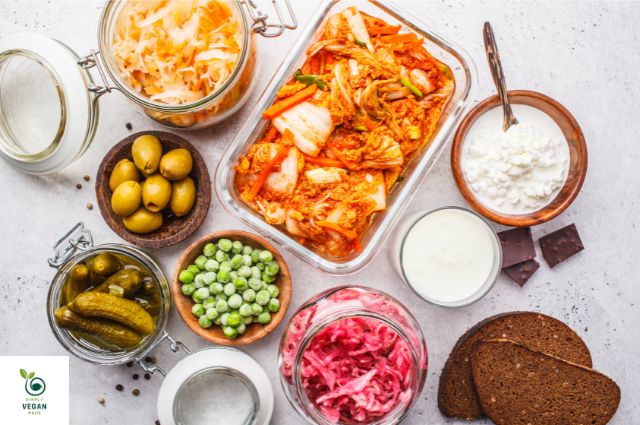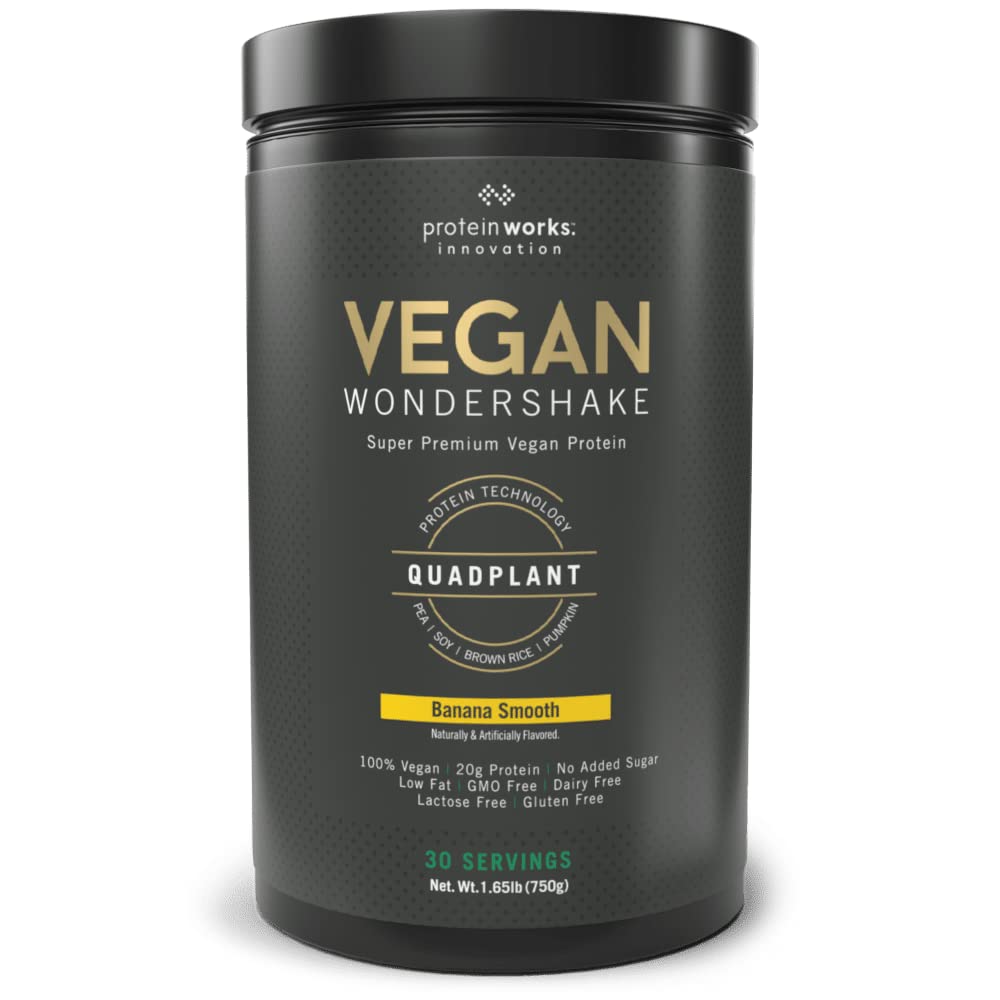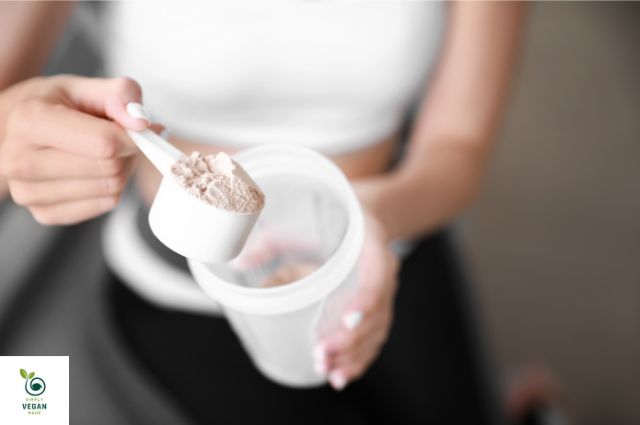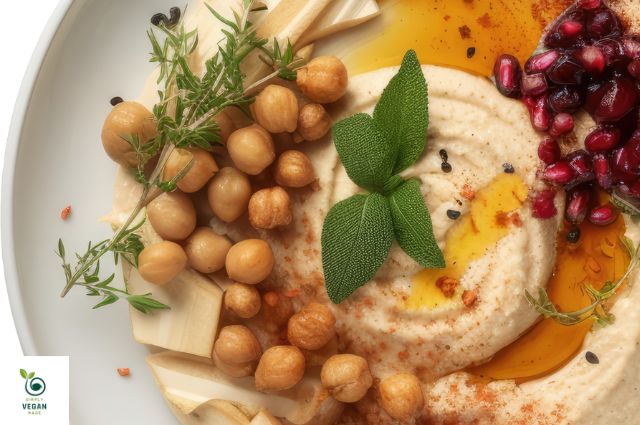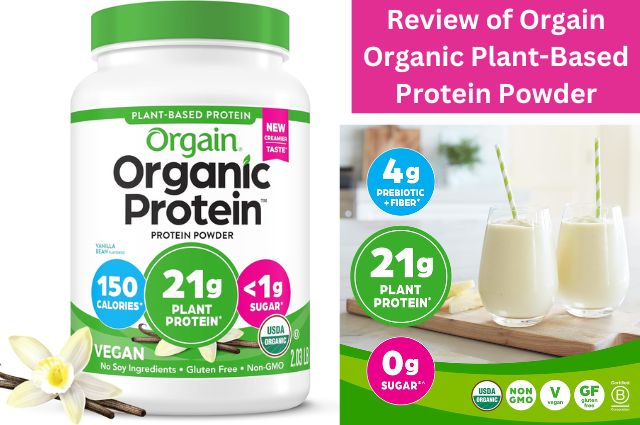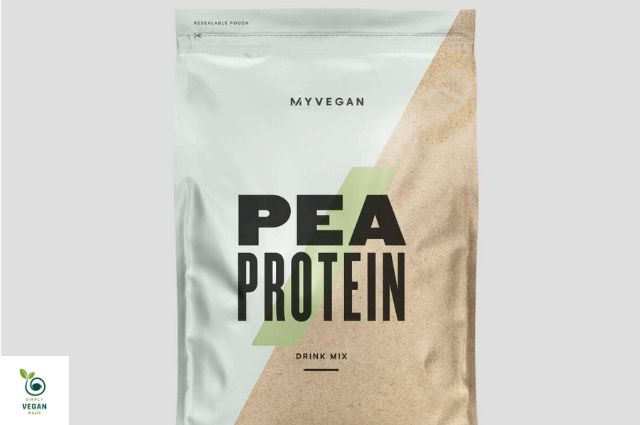Speaking to a vegan nutritionist, they have seen first-hand how important vitamin B12 supplements are for those following a plant-based diet. B12 plays a vital role in red blood cell formation, nervous system function, and more.
For vegans, finding reliable sources of this essential vitamin can be challenging, which is why supplements are often necessary.
With so many options available, choosing the right B12 supplement can feel overwhelming. In this comprehensive guide, I’ll break down everything you need to know about B12 supplementation for vegans, including my top 7 recommended products.
Understanding B12: Essential for Vegan Health
B12, also known as cobalamin, is unique among vitamins. It’s the only vitamin containing a metal ion (cobalt) and is produced by bacteria as opposed to plants or animals.
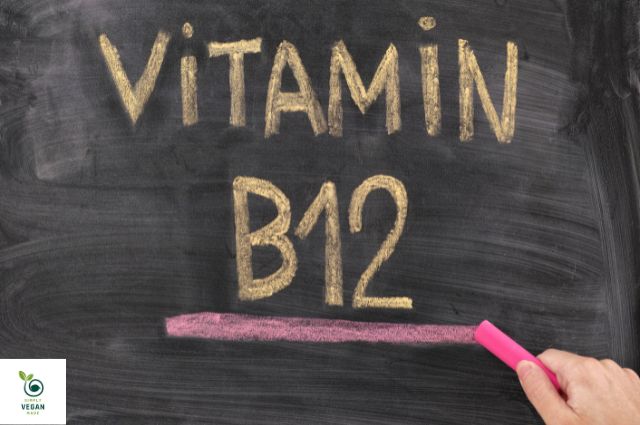
In nature, B12 is found almost exclusively in animal products, creating a challenge for those following a vegan diet.
The human body relies on B12 for several critical functions:
- DNA synthesis
- Red blood cell formation
- Nervous system maintenance
- Energy metabolism
Without adequate B12, you may experience fatigue, weakness, and even neurological issues. That’s why finding the right supplement is crucial for vegans.
The B12 Absorption Challenge
One of the biggest hurdles with B12 supplementation is absorption. Your body’s ability to absorb B12 depends on several factors, including:
- Age
- Gut health
- The form of B12 you’re taking
There are two main forms of B12 found in supplements:
- Methylcobalamin: The active form of B12 in the body
- Cyanocobalamin: A synthetic form that’s converted to methylcobalamin
While both forms can be effective, some research suggests that methylcobalamin may be better absorbed and retained by the body. However, cyanocobalamin is often more stable and less expensive.
The Top 7 B12 Supplements for Vegans
After extensive research and personal experience, I’ve compiled a list of the 7 best B12 supplements for vegans. Each option has it’s unique strengths, so you can choose the one that best fits your needs and preferences.
1. Garden of Life Vitamin B12 Spray
The Garden of Life Vitamin B12 methylcobalamin spray offers quick absorption through the mouth’s mucous membranes. With 500 mcg per spray, it’s easy to adjust your dosage as needed. The organic, vegan formula is popular among health-conscious consumers.

Pros:
- Convenient spray format
- Easily adjustable dosage
- Organic and vegan-certified
Cons:
- Some users may find the taste too strong
- Slightly more expensive than some other options
2. Jarrow Formulas Methyl B12
Jarrow Formulas Methyl B12 cherry-flavored lozenges pack a punch with 5000 mcg of methylcobalamin per dose. The sublingual form allows for effective absorption, bypassing potential gut issues.
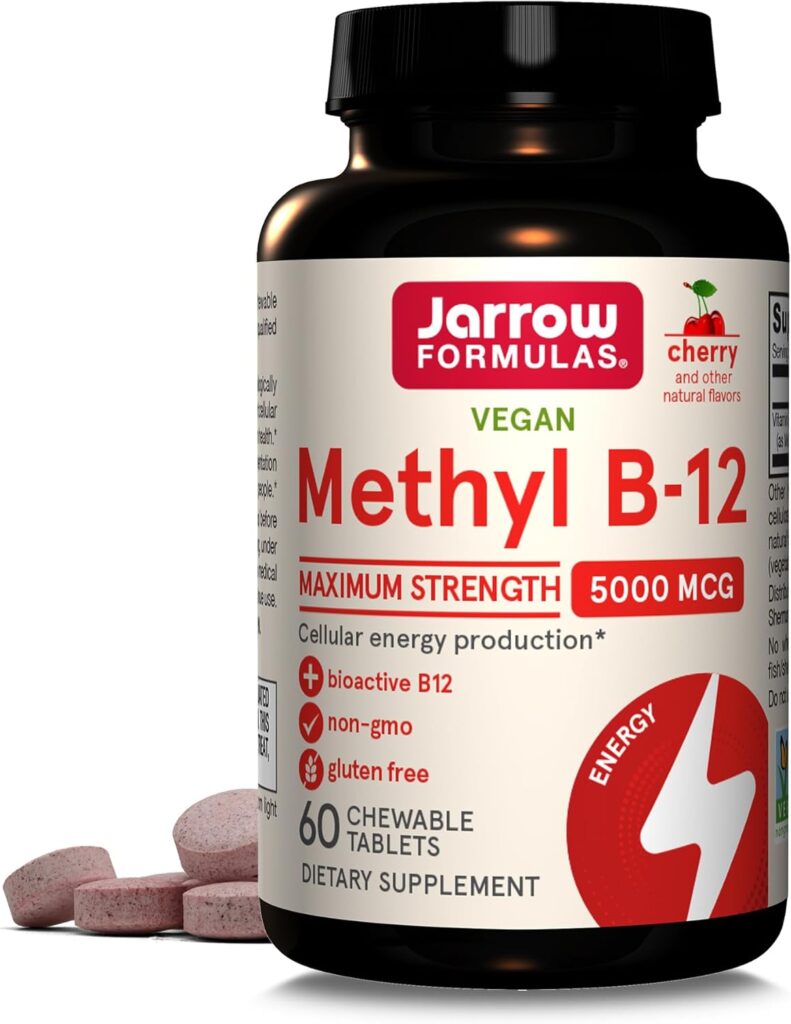
Pros:
- High dosage for people who have greater needs
- Pleasant cherry flavor
- Sublingual form for better absorption
Cons:
- May be too high a dose for some users
- Larger tablets may be difficult for some to dissolve
3. Nature’s Bounty B12 Quick Dissolve Tablets
For those who prefer cyanocobalamin, Nature’s Bounty B12 Quick Dissolve Tablets offer 2500 mcg per dose. The natural cherry flavor makes them pleasant to take.
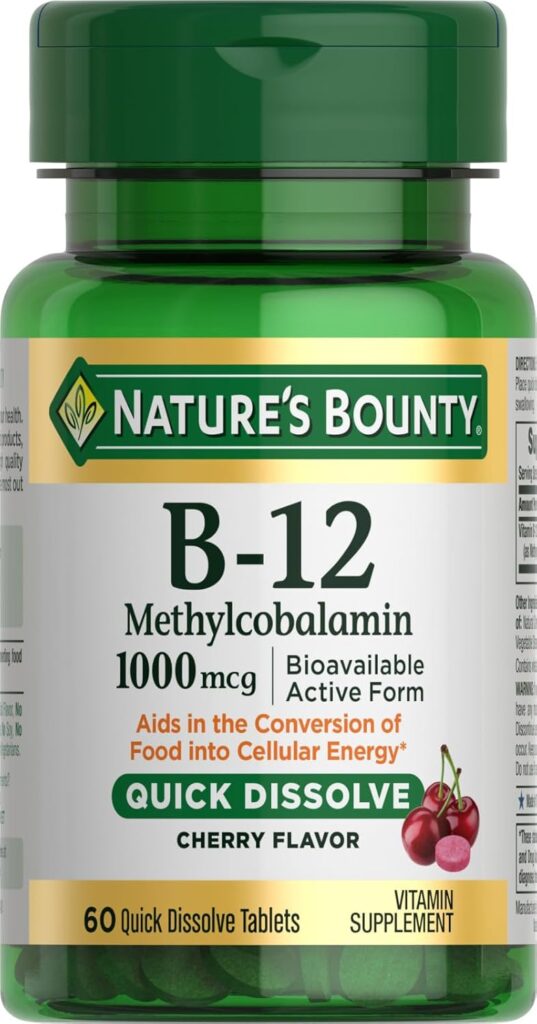
Pros:
- Affordable option
- Quick-dissolving formula
- Widely available in stores
Cons:
- Uses cyanocobalamin, which some prefer to avoid
- Contains some artificial sweeteners
4. Solgar Sublingual Methylcobalamin
Solgar Sublingual Methylcobalamin nuggets provide 5000 mcg of methylcobalamin in a sublingual form. They’re non-GMO and gluten-free, catering to various dietary needs.
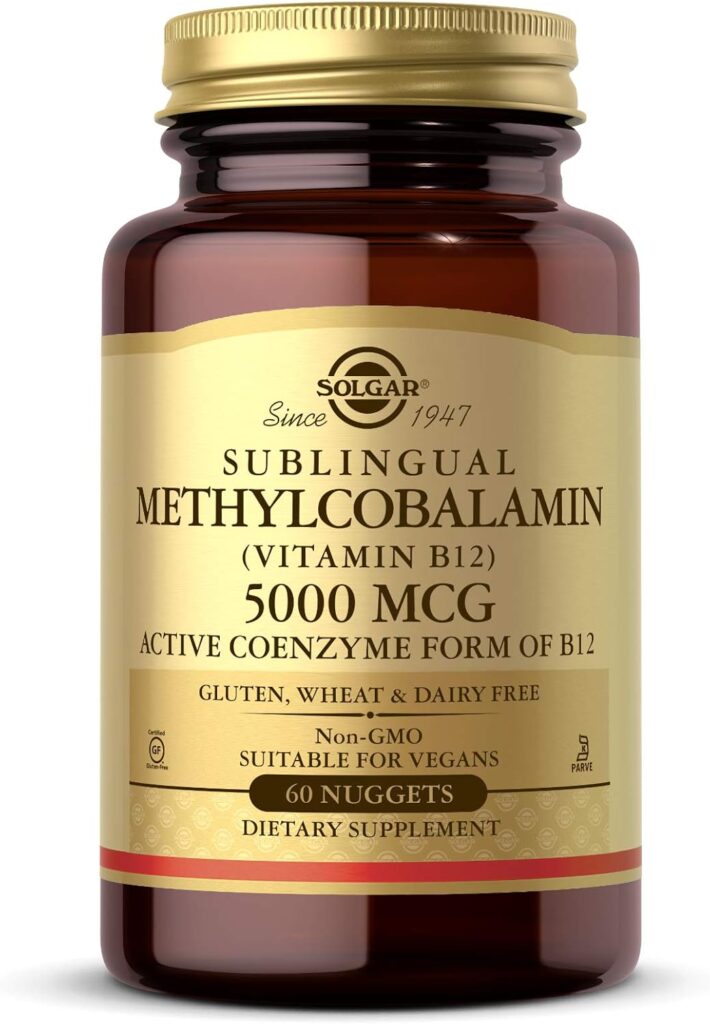
Pros:
- Moderate dosage suitable for many users
- Non-GMO and gluten-free
- Reputable brand with good quality control
Cons:
- Some users find the tablets too large
- May have a slightly chalky texture
5. Mary Ruth’s Organic Liquid B12 Drops
Mary Ruth’s Organic Liquid B12 methylcobalamin supplement is organic, vegan, and non-GMO. With 1000 mcg per serving, it’s easy to adjust your dosage as needed.
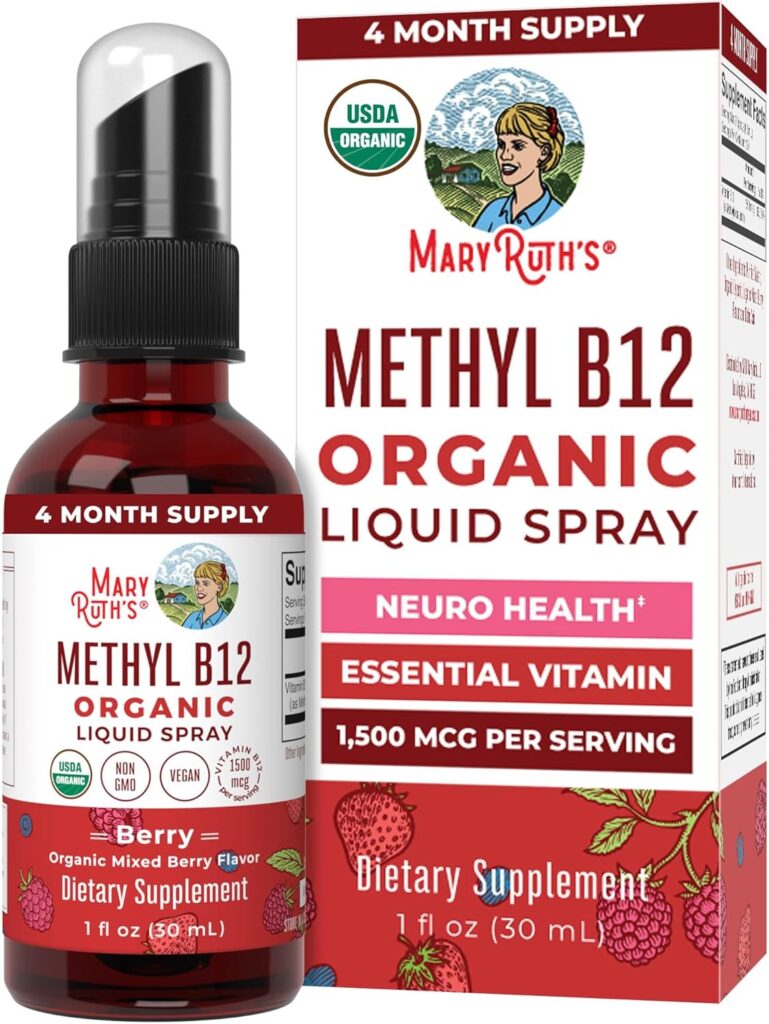
Pros:
- Liquid form allows for flexible dosing
- Organic and non-GMO certified
- Pleasant raspberry flavor
Cons:
- More expensive than some other options
- Requires refrigeration after opening
6. Deva Vegan B12 Sublingual
Deva Vegan B12 Sublingual are small, easy-to-dissolve tablets contain 2500 mcg of cyanocobalamin. They’re vegan-certified and budget-friendly.
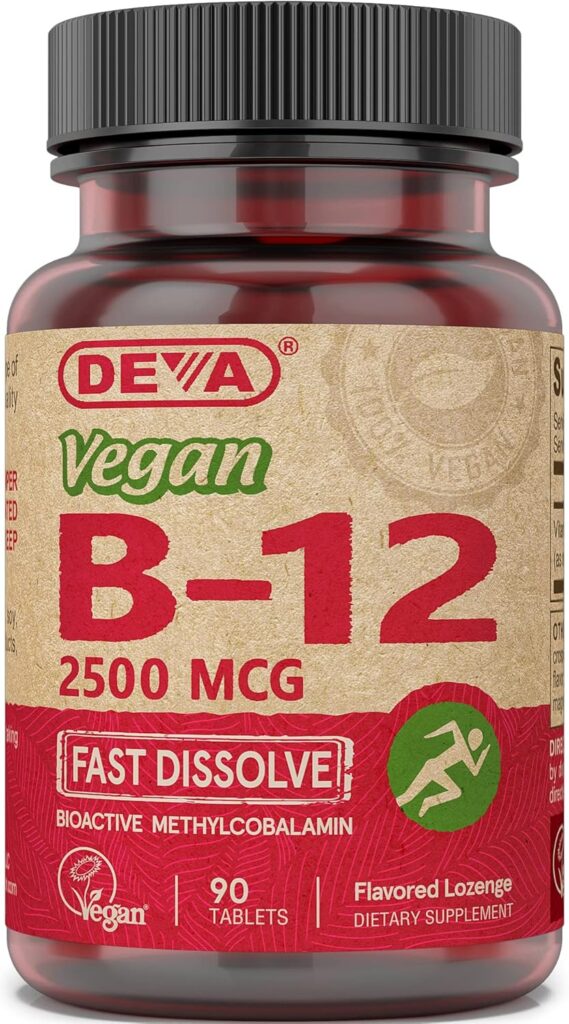
Pros:
- Very affordable option
- Small tablets are easy to take
- Vegan-certified
Cons:
- Uses cyanocobalamin instead of methylcobalamin
- Some users report a strong aftertaste
7. NOW Supplements B-12 Liquid
NOW Supplements B-12 Liquid supplement offers flexibility in dosing. It’s vegan and non-GMO, making it a versatile choice for plant-based eaters.
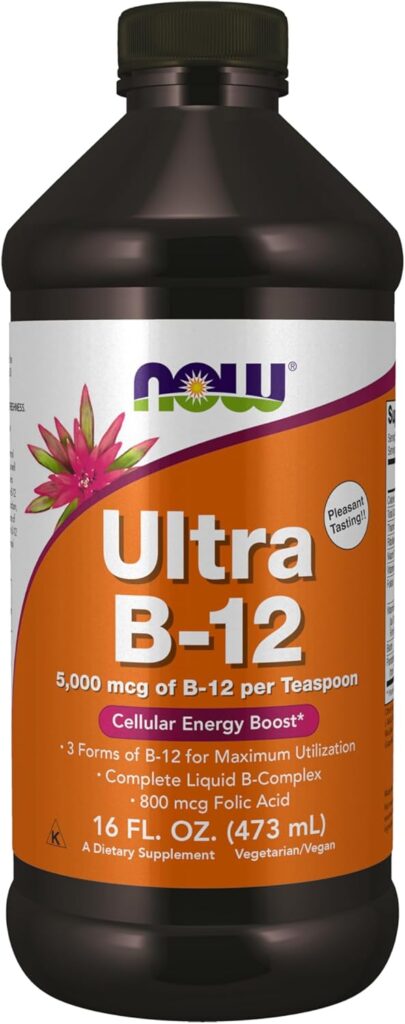
Pros:
- Liquid form allows for precise dosing
- Vegan and non-GMO
- Affordable price point
Cons:
- Some users find the taste unpleasant
- Dropper can be messy to use
Choosing the Right B12 Supplement for You
When selecting a B12 supplement, consider these factors:
- Form of B12: Decide between methylcobalamin and cyanocobalamin based on your preferences and needs.
- Dosage: Consider your person requirements, which may vary based on factors like age and health status.
- Method of administration: Choose between sprays, lozenges, tablets, or liquids based on what’s most convenient for you.
- Additional ingredients: Check for any allergens or additives you may want to avoid.
- Third-party testing or certifications: Look for supplements that have been independently verified for quality and purity.
Remember, person needs may vary. Some people may absorb B12 more efficiently from sublingual forms, while others might prefer a spray or liquid.
Common Pitfalls in B12 Supplementation
To confirm you’re getting the most out of your B12 supplement, avoid these common mistakes:
- Underdosing: Many vegans don’t take enough B12. The recommended daily intake is 2.4 mcg, but absorption rates can be low, so higher doses are often necessary.
- Inconsistent supplementation: B12 should be taken regularly for optimal benefits. Set a reminder or incorporate it into your daily routine.
- Ignoring symptoms: Don’t brush off fatigue or other potential signs of deficiency. If you’re experiencing persistent symptoms, ask with a healthcare provider.
- Relying solely on fortified foods: While these can contribute to B12 intake, they’re often not enough on their own. A dedicated supplement is usually necessary for vegans.
Pro Tip: B12 and Timing
For optimal absorption, take your B12 supplement on an empty stomach or with a light meal. Avoid taking it with foods high in fiber or calcium, as these can interfere with absorption.
Adapting Your B12 Strategy
Your B12 needs may change over time. Factors like age, pregnancy, and certain health conditions can increase your requirements.
Regular blood tests can help you watch your levels and adjust your supplementation as needed.
I recommend getting your B12 levels checked at least once a year, or more often if you’re new to veganism or have had low levels in the past.
Building on the Basics: Advanced B12 Knowledge
Understanding B12 is just the beginning of optimizing your vegan nutrition. As you continue your plant-based lifestyle, you’ll uncover how B12 interacts with other nutrients like folate and iron.
For example, B12 and folate work together in DNA synthesis and red blood cell formation. If you’re deficient in one, it can mask a deficiency in the other.
That’s why it’s important to confirm you’re getting adequate amounts of both nutrients.
Similarly, B12 plays a role in iron absorption and utilization. While plant-based diets can be rich in iron, the type of iron found in plants (non-heme iron) is less easily absorbed than the heme iron found in animal products.
Adequate B12 levels can help your body make the most of the iron you consume.
This knowledge will help you fine-tune your supplementation strategy for optimal health. Consider working with a vegan-friendly nutritionist or dietitian to create a personalized plan that addresses all your nutritional needs.
Exercises to Reinforce Your B12 Knowledge
To really solidify your understanding of B12 and how it affects your health, try these exercises:
- Keep a B12 diary for a week, noting your supplement intake and any changes in energy levels. This can help you identify patterns and improve your supplementation timing.
- Research the B12 content of fortified foods in your diet and calculate your total intake. This will give you a clearer picture of how much you’re getting from food sources and how much you need to supplement.
- Experiment with different forms of B12 supplements and note which feels most effective for you. Everyone’s body is different, so what works best for one person may not be ideal for another.
- Learn about the symptoms of B12 deficiency and do a self-assessment. While this isn’t a substitute for medical advice, it can help you become more attuned to your body’s signals.
- Educate yourself on the different lab tests used to assess B12 status, such as serum B12, methylmalonic acid (MMA), and holotranscobalamin II.
This knowledge will help you better understand your test results and have more informed discussions with your healthcare provider.
Frequently Asked Questions
What is the best form of B12 for vegans?
Both methylcobalamin and cyanocobalamin can be effective for vegans. Methylcobalamin is the active form of B12 in the body and may be better absorbed, while cyanocobalamin is more stable and often less expensive.
How much B12 should vegans take daily?
The recommended daily intake for adults is 2.4 mcg, but many experts recommend higher doses for vegans because of lower absorption rates. Doses of 1000-2500 mcg per day are common in supplements.
Can you get B12 from plant sources?
While some plant foods are fortified with B12, there are no reliable natural plant sources of this vitamin. Supplementation is typically necessary for vegans.
How long does it take to correct a B12 deficiency?
The time to correct a B12 deficiency can vary depending on the severity and person factors. Some people may see improvements in a few weeks, while others may take several months.
Can too much B12 be harmful?
B12 is generally considered safe, even in high doses, as excess is typically excreted in urine. However, very high doses may interfere with certain lab tests or medications.
How often should vegans get their B12 levels checked?
It’s recommended that vegans get their B12 levels checked at least annually, or more often if they’re new to veganism or have had low levels in the past.
Do B12 supplements need to be taken with food?
B12 supplements are often better absorbed on an empty stomach or with a light meal. Avoid taking them with foods high in fiber or calcium, which can interfere with absorption.
Can B12 deficiency cause permanent damage?
If left untreated for a long time, B12 deficiency can potentially cause permanent neurological damage. That’s why it’s crucial for vegans to supplement and watch their levels regularly.
Are there any side effects of B12 supplements?
Most people don’t experience side effects from B12 supplements. In rare cases, some people may experience mild side effects like headache, nausea, or skin rash.
Can B12 supplements interfere with medications?
Some medications can interfere with B12 absorption, including certain diabetes drugs, proton pump inhibitors, and metformin. Always ask with your healthcare provider about potential interactions.
Key Takeaways
- B12 supplementation is crucial for vegans to maintain optimal health.
- Choose a supplement form that suits your needs and absorption preferences.
- Regular, consistent supplementation is key to maintaining optimal B12 levels.
- Monitor your B12 status through regular blood tests.
- Be aware of factors that may increase your B12 needs, such as age or pregnancy.
